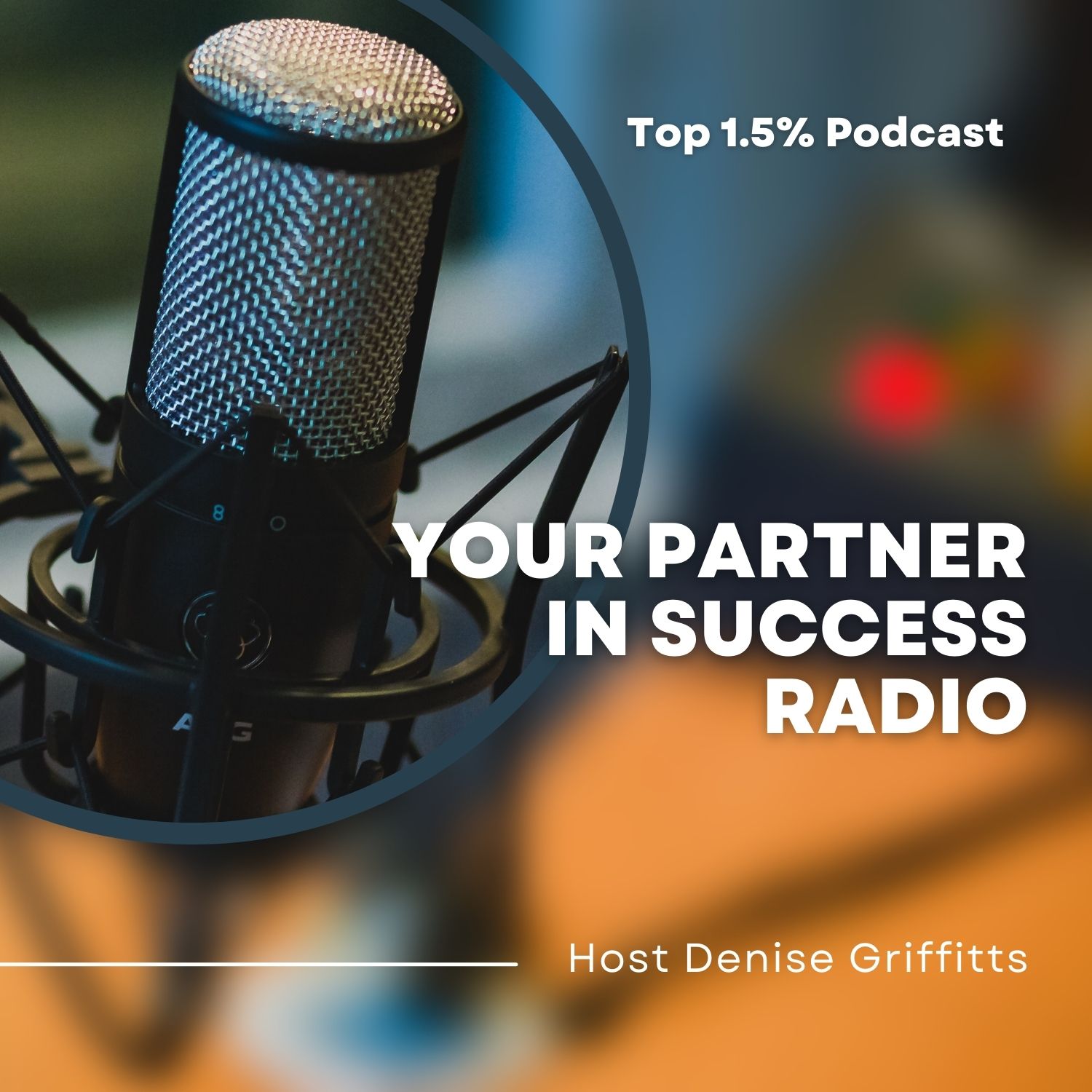
As a new podcaster stepping into the vibrant world of audio storytelling, the advice you encounter can be both a guiding light and a potential pitfall. With countless voices offering tips and tricks, how do you discern which guidance will elevate your show and which could lead you astray?
Understanding the nuances of good advice versus bad is crucial for your podcasting journey. Let’s explore the essential considerations that will empower you to make informed decisions and create a podcast that resonates with your audience!
Focus on Fundamentals First
- Good advice for new podcasters typically emphasizes:
- Choosing a topic you're genuinely passionate about
- Developing strong presenting and interviewing skills
- Consistently publishing on a regular schedule (This is critical!)
- Providing value to listeners through informative and entertaining content
Bad advice often promises quick fixes or shortcuts instead of focusing on these core elements.
Be Wary of "Get Rich Quick" Promises
Reputable sources warn against "podcast promoters" who claim they can rapidly boost your stats and downloads. Legitimate growth takes time and effort. Be skeptical of anyone offering unrealistic results.
Prioritize Listener Experience
Good advice puts the audience first. You will often hear me say: "Think of your listeners first!" To truly think of your listeners first, you need to understand who they are. Consider conducting surveys or engaging with your audience on social media to gather insights about their preferences, interests, and challenges.
Demographics: Know their age, location, and interests.
Pain Points: What problems are they looking to solve?
Content Preferences: Do they prefer interviews, storytelling, or educational content?
By gaining a deeper understanding of your audience, you can tailor your content to meet their needs and expectations. Focus on creating genuine connections with your audience rather than solely pursuing downloads or monetization.
Seek Advice from Credible Sources
Look for guidance from established podcasters and industry professionals. There are podcasts dedicated to sharing podcasting tips that can be valuable resources. Be cautious of advice from those without a track record of success.
Trust Your Instincts
Ultimately, you know your show and audience best. Just start. You'll figure it out as you go. Enjoy the journey and remember why you started in the first place. While external advice can be helpful, trust your creative vision and passion for your topic. By focusing on fundamentals, being wary of unrealistic promises, prioritizing listeners, seeking credible sources, and trusting your instincts, new podcasters can better distinguish good advice from bad as they develop their shows.
Where Is Your Business Plan?
Before you start, have you identified your podcast as a hobby or a business? Have you defined your podcasts' purpose? Before diving into the world of podcasting, it's crucial to determine whether your podcast is a hobby or a business. This distinction will significantly impact your approach, goals, and the resources you invest.
Hobby Podcasting
A hobby podcast is primarily driven by passion and personal interest, without the primary goal of generating income. Key characteristics include:
- Created for personal enjoyment or creative expression
- No specific financial objectives
- Flexible schedule and content
- Less pressure to grow audience or monetize
Business Podcasting
A business podcast, on the other hand, is developed with clear financial and strategic goals. It typically involves:
- Defined revenue targets and monetization strategies
- Structured content planning and production schedules
- Focus on audience growth and engagement metrics
- Integration with broader business objectives
The Importance of a Business Plan
If you've identified your podcast as a business venture, developing a comprehensive business plan is crucial. Here's why:
1. Clear Direction and Goals: A business plan helps you articulate your podcast's purpose, target audience, and long-term objectives. It provides a roadmap for growth and success.
2. Financial Planning: By outlining your expected costs and revenue streams, a business plan helps you understand the financial viability of your podcast and plan for sustainable growth.
3. Marketing Strategy: Your plan should include detailed marketing strategies to grow your audience and attract potential sponsors or advertisers.
4. Monetization Roadmap: A business plan forces you to think critically about how you'll generate revenue, whether through sponsorships, merchandise, premium content, or other means.
5. Operational Structure: It helps you define the roles and responsibilities needed to produce and manage your podcast effectively.
6. Investor Appeal: If you're seeking funding or partnerships, a well-crafted business plan demonstrates your professionalism and commitment to potential investors or collaborators.
Whether you're podcasting as a hobby or a business, clarity about your intentions is essential. For those pursuing podcasting as a business, a well-thought-out business plan is not just beneficial—it's crucial for long-term success. It provides the structure and strategy needed to transform your passion for podcasting into a viable and profitable venture.
Remember, even if you start as a hobby, you can always transition to a business model later. The key is to be intentional about your goals and approach, allowing you to make informed decisions about the resources and time you invest in your podcast.
For Business Planning I Recommend David L. Brown
If you're looking for expert guidance on business planning, look no further than David L. Brown, the Business Plan Answer Man. With a wealth of experience in helping entrepreneurs turn their ideas into actionable business plans, David is dedicated to reducing stress and saving time for new business owners. You can connect with David on LinkedIn at David L. Brown - Business Plan Answer Man for insights and advice.
Have questions? Shoot me a note!
